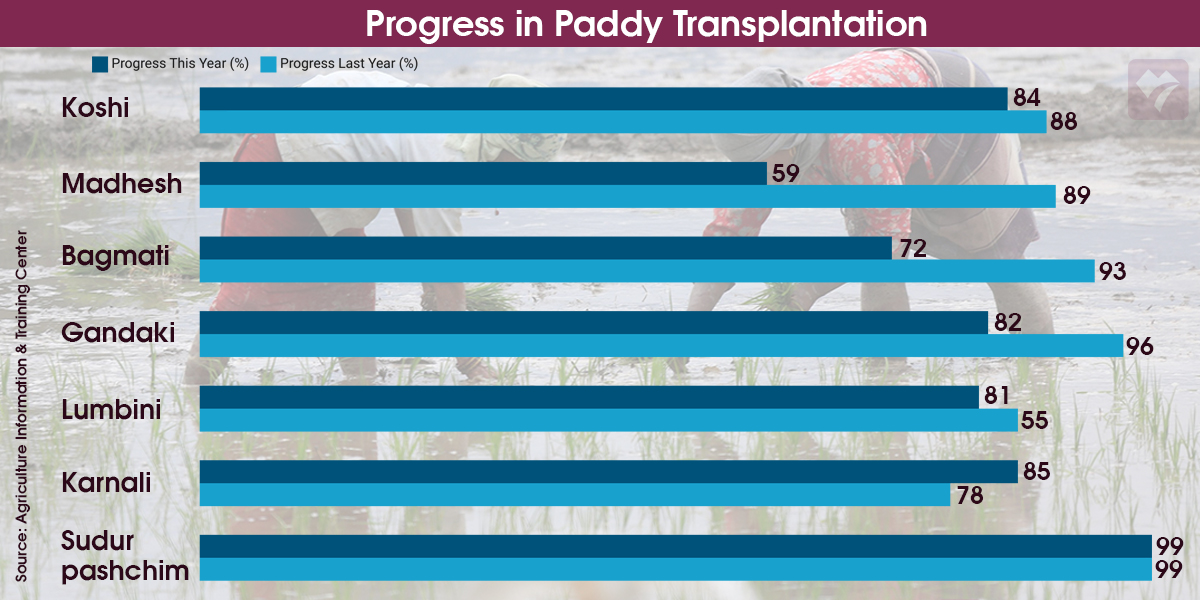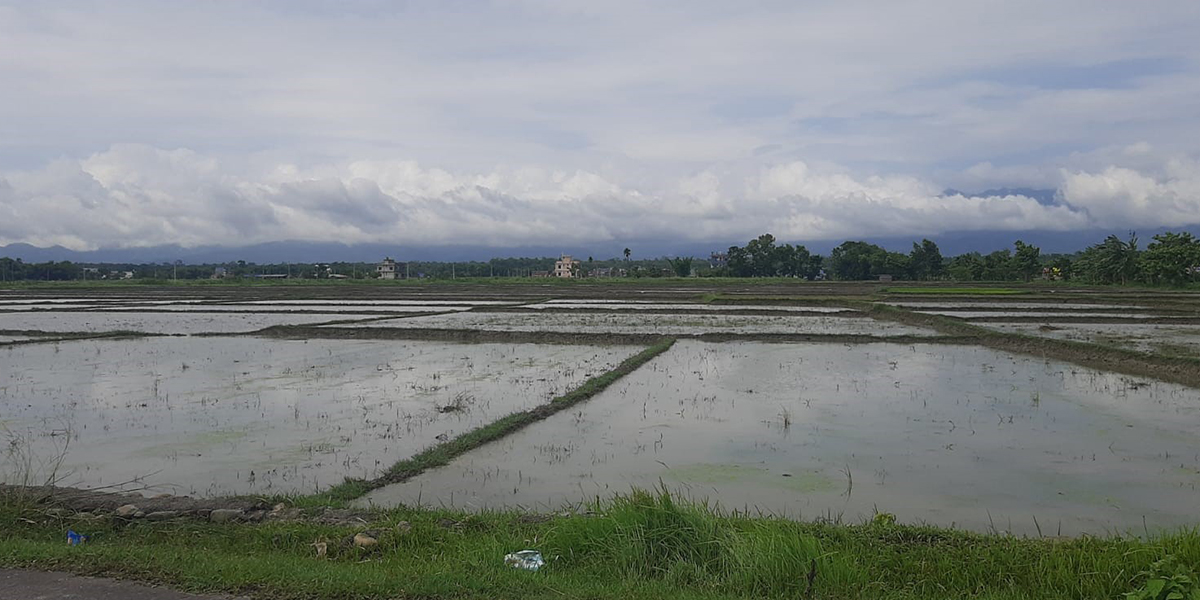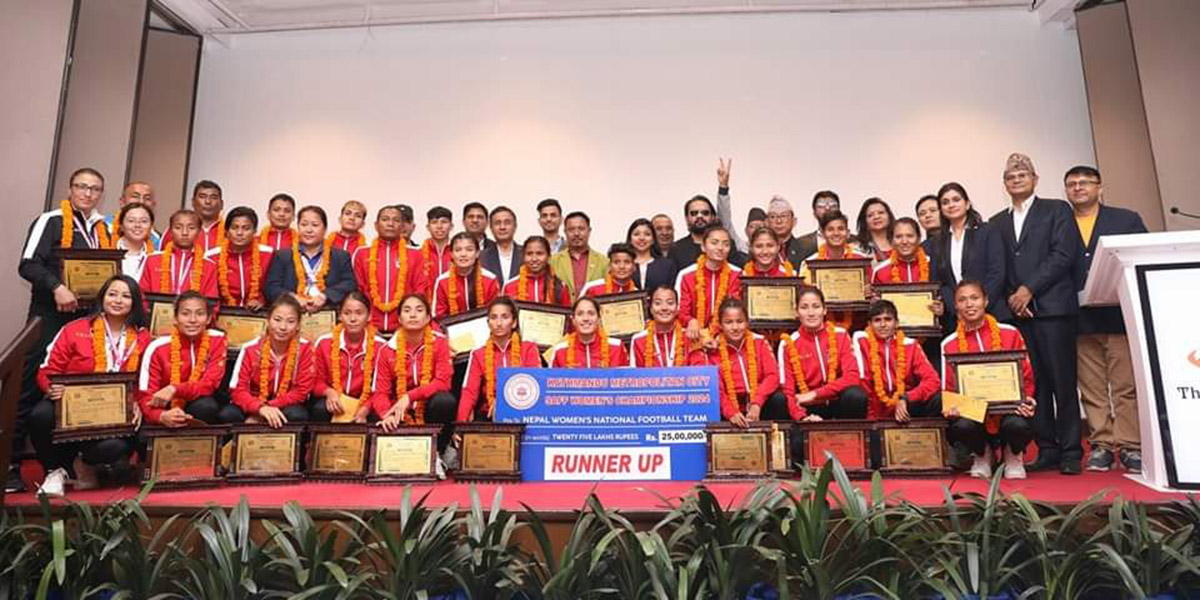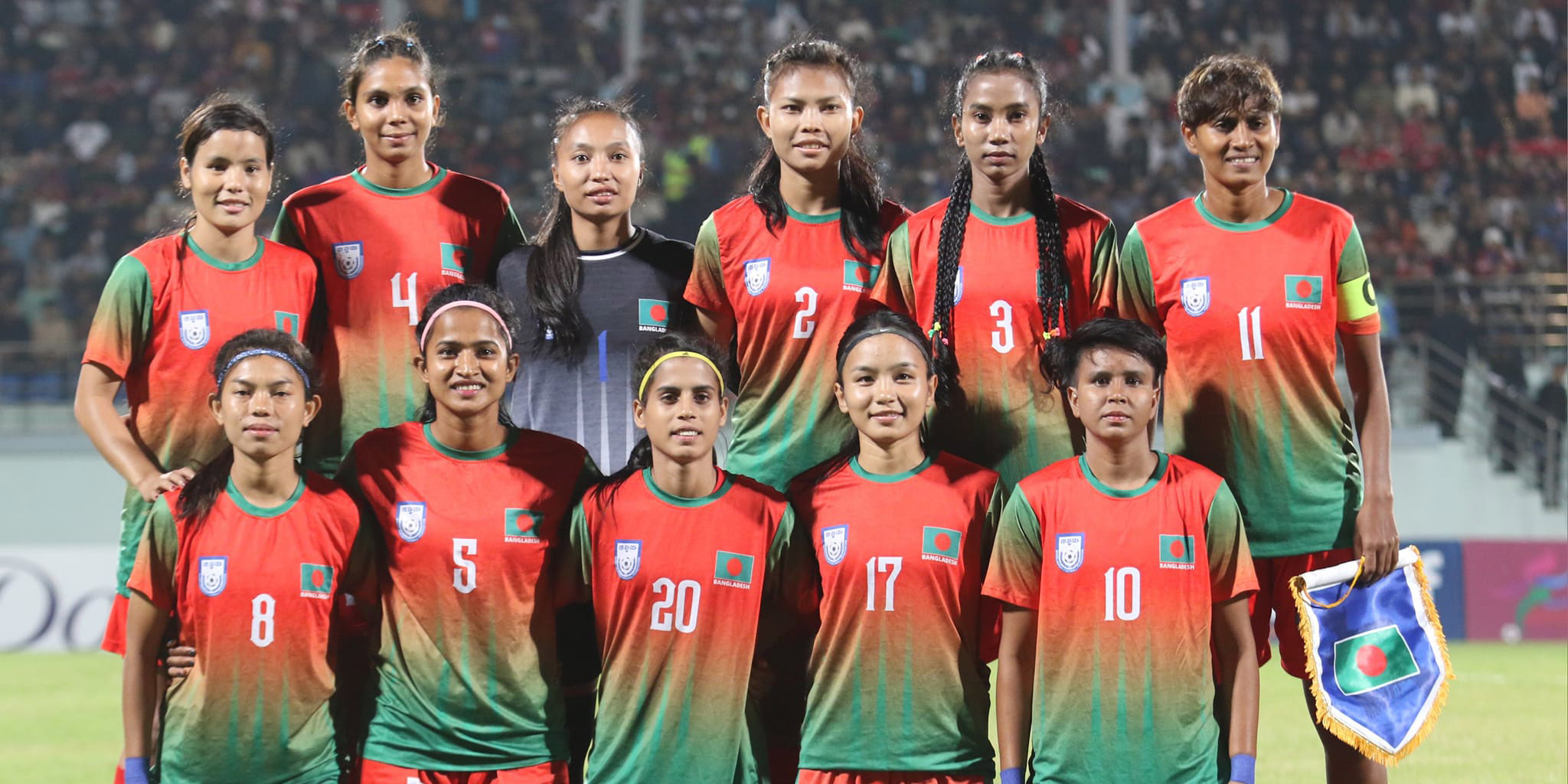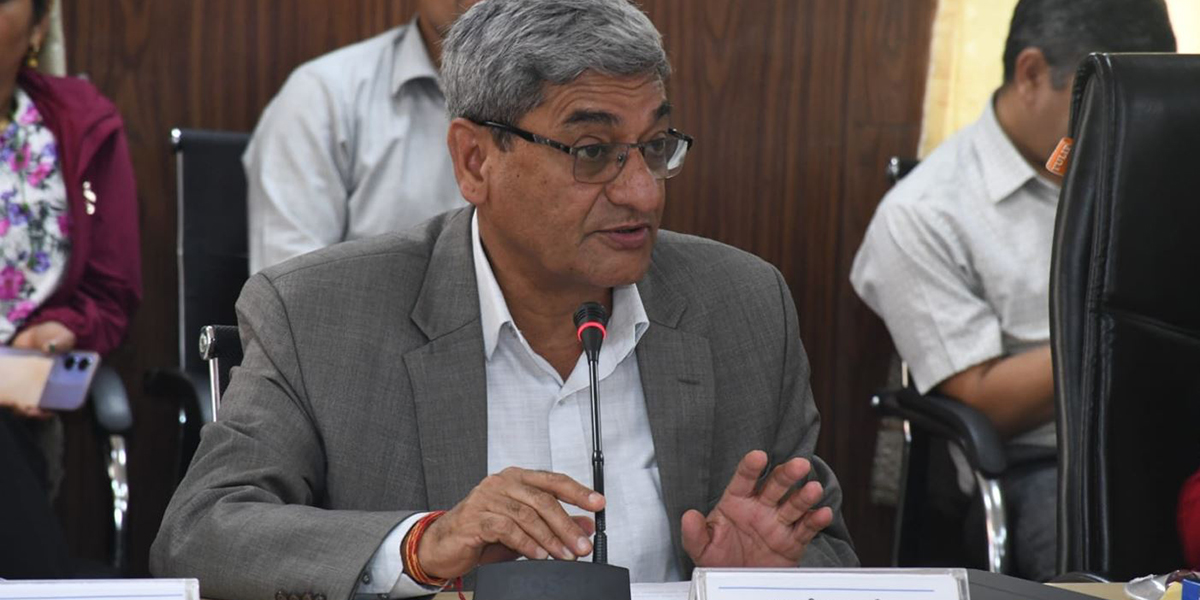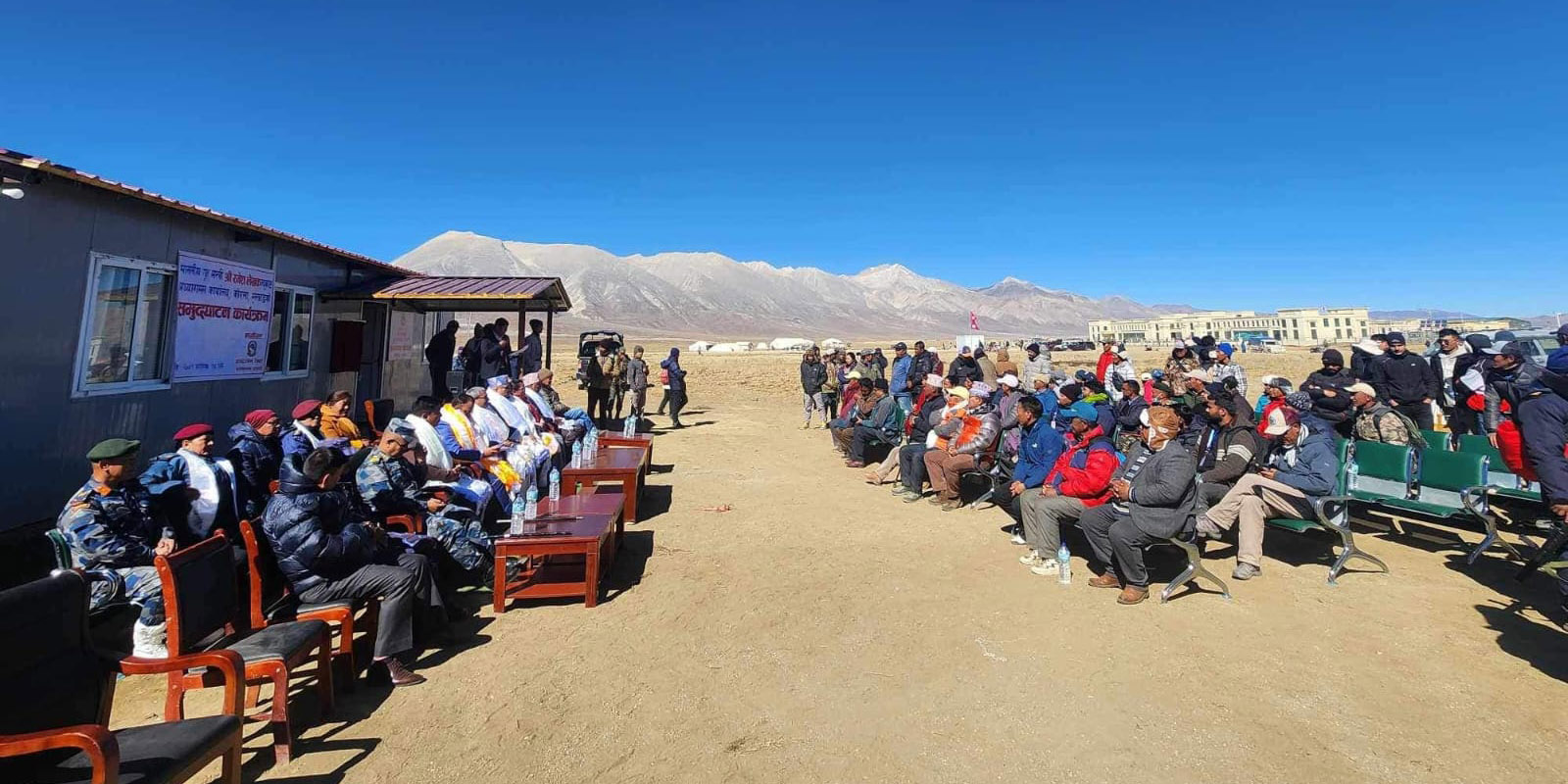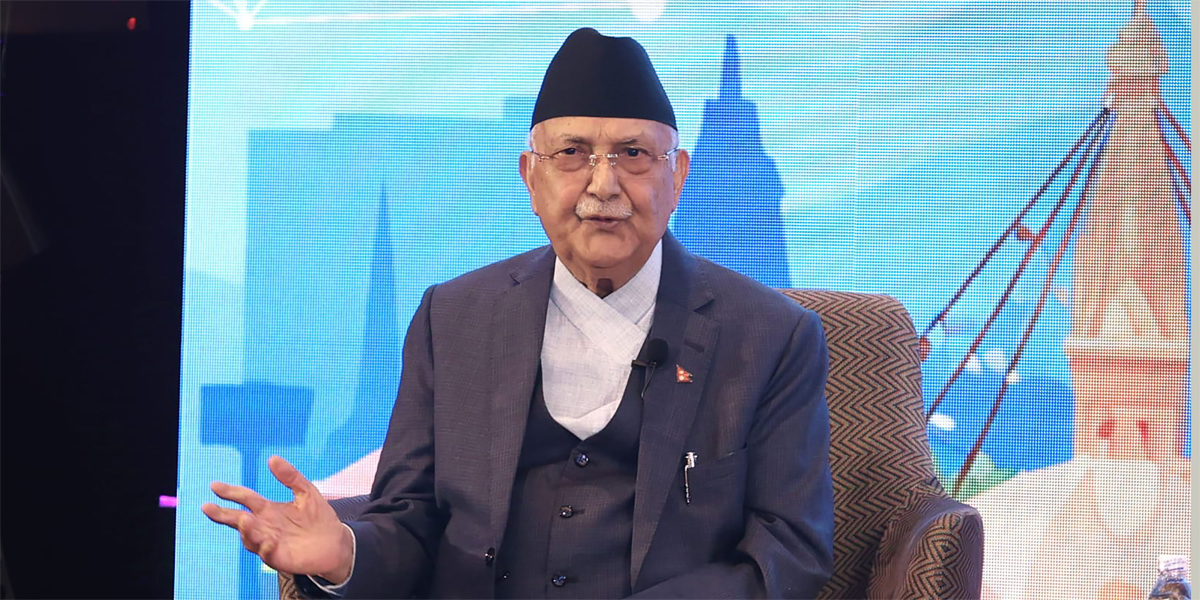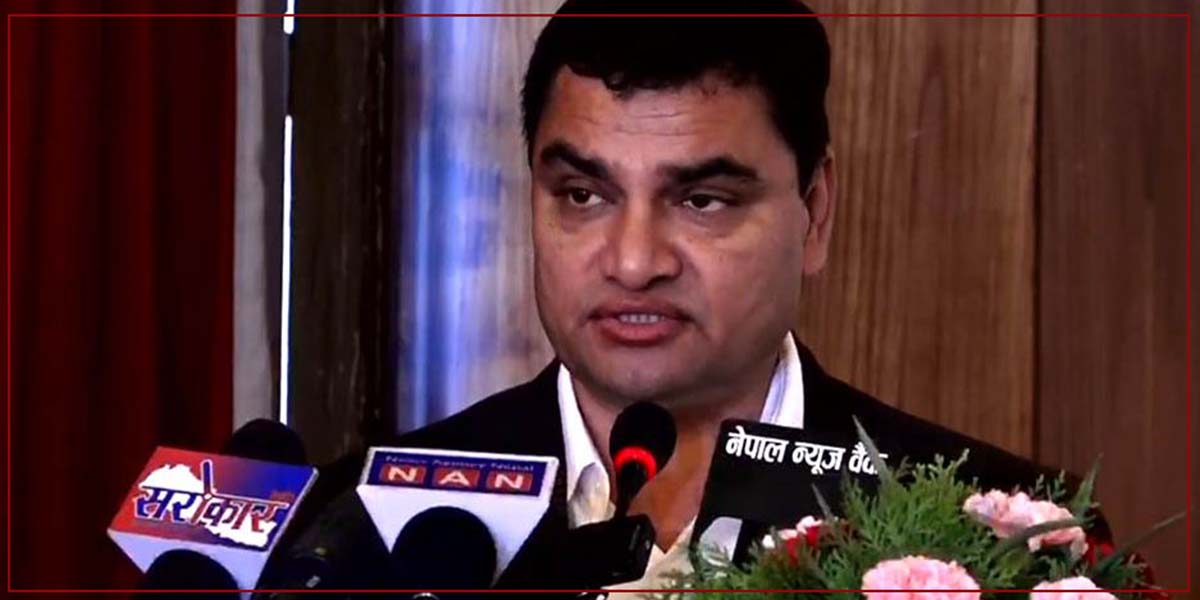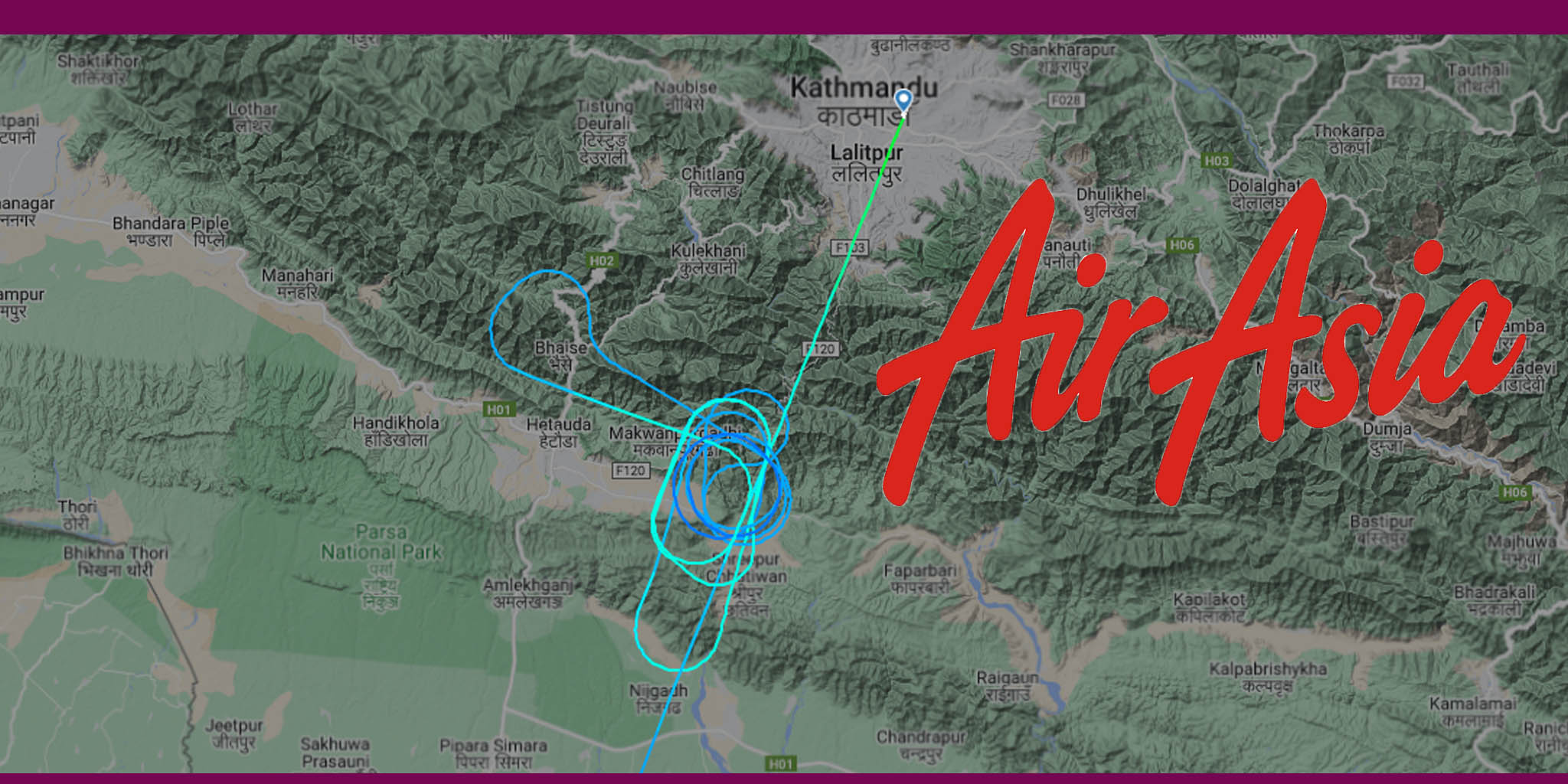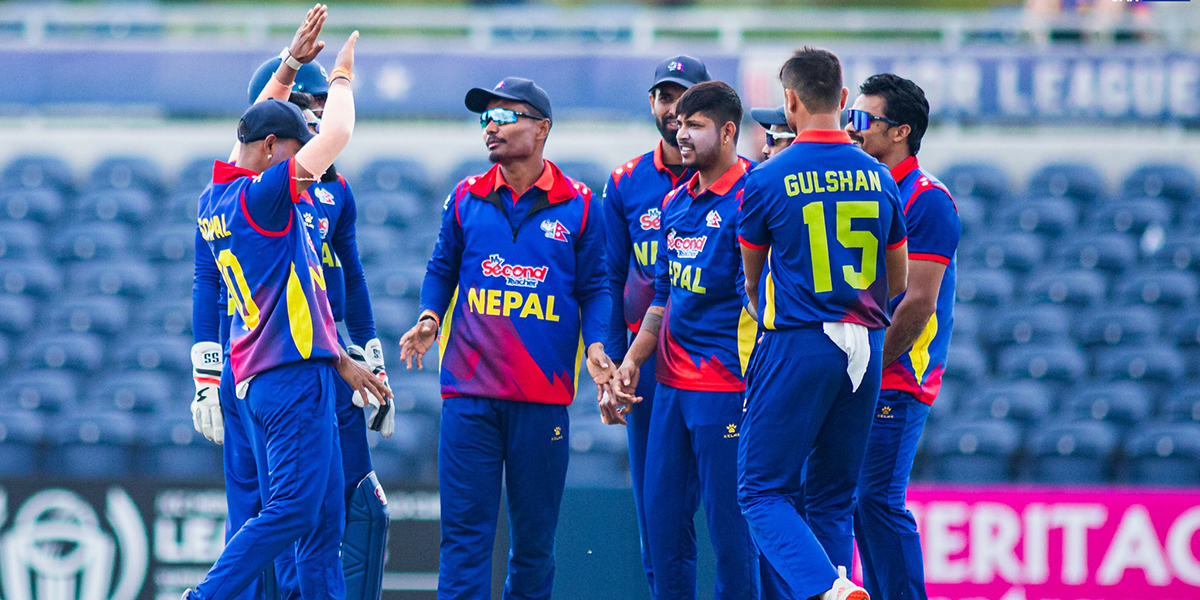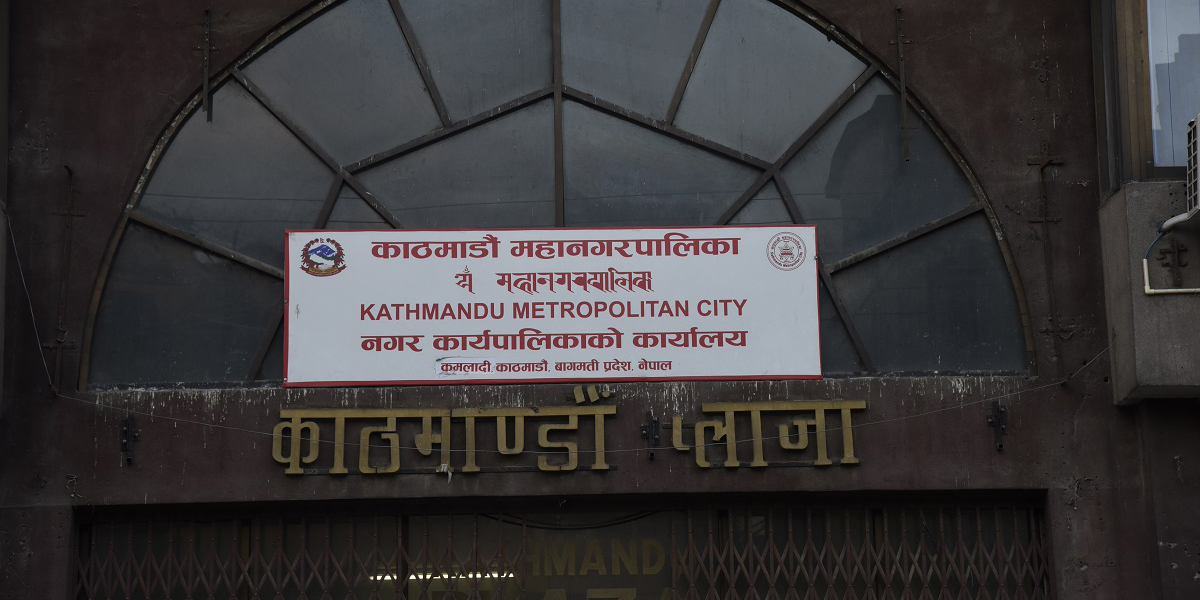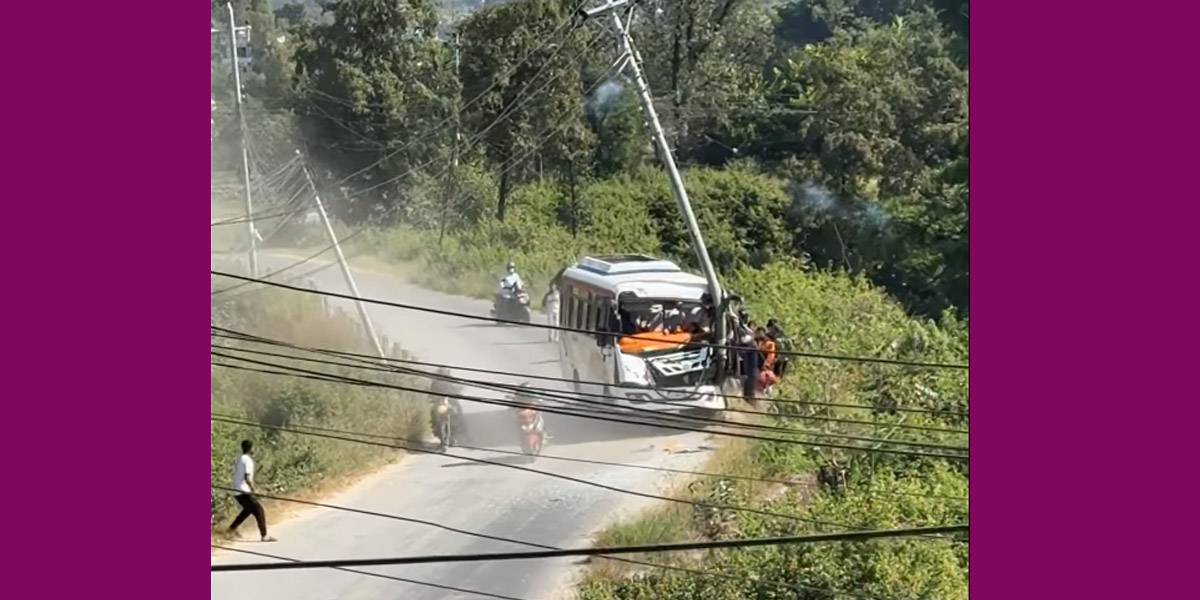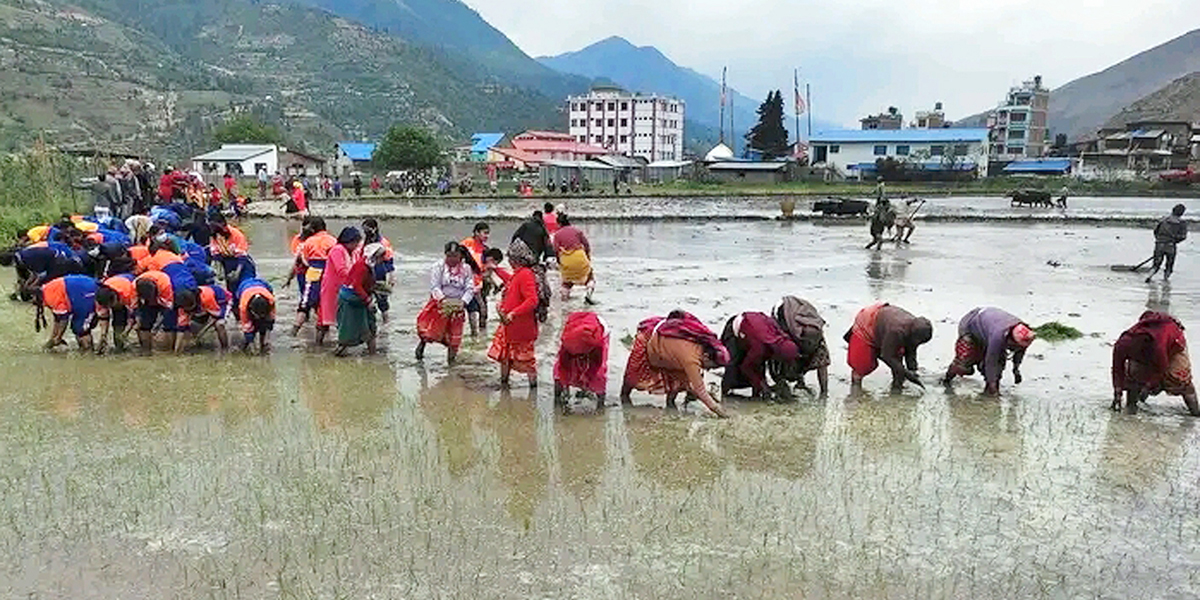 Photo: RSS
Photo: RSS
KATMANDU: Farmers in Jumla have begun transplanting seedlings of the Marsi variety of paddy. This variety is typically transplanted from the last week of May until the end of June.
The increasing popularity of Marsi rice in the market has sparked greater interest among farmers in cultivating this variety. Ganesh Adhikari, Acting Head of the Agriculture Development Office in Jumla, mentioned that the demand for Marsi rice produced in Jumla is rising nationwide.
Transplantation of paddy seedlings is currently taking place in areas such as Sinja, Chandannath, Tatopani, Depalgaun, Gajryangkot, and Chhumchaur. Chhumchaur, located in Patarashi Rural Municipality, is known for cultivating rice at the highest elevation in the world.
Farmers are cultivating both red and black varieties of Marsi paddy.
According to the Agricultural Development Office in Jumla, paddy is cultivated on 2,850 hectares of land, with 1,200 hectares dedicated to Marsi rice. While floods in October of the previous year damaged 42 irrigation canals in the paddy fields, repairs have been made, and 28 of them are now operational again, as per Mitra Lal Dhital, the chief administrative officer of Sinja Rural Municipality.
It is believed that the Marsi variety was brought to Jumla from Kashmir in India by God Chandannath. Amar Bahadur Thapa, chairman of the Chandannath Bhairabhanth Guthi Management Committee, mentioned that paddy grown in the Shera field is used for worshipping God Chandannath. Paddy seeds from Litakot, Lamra, Hanku, and Chandannath-8 and 9 were transplanted in the Shera field, according to the committee.
The federal government has unveiled plans to initiate a branding exercise as part of its efforts to export the Marsi variety of paddy.
(With inputs from RSS)


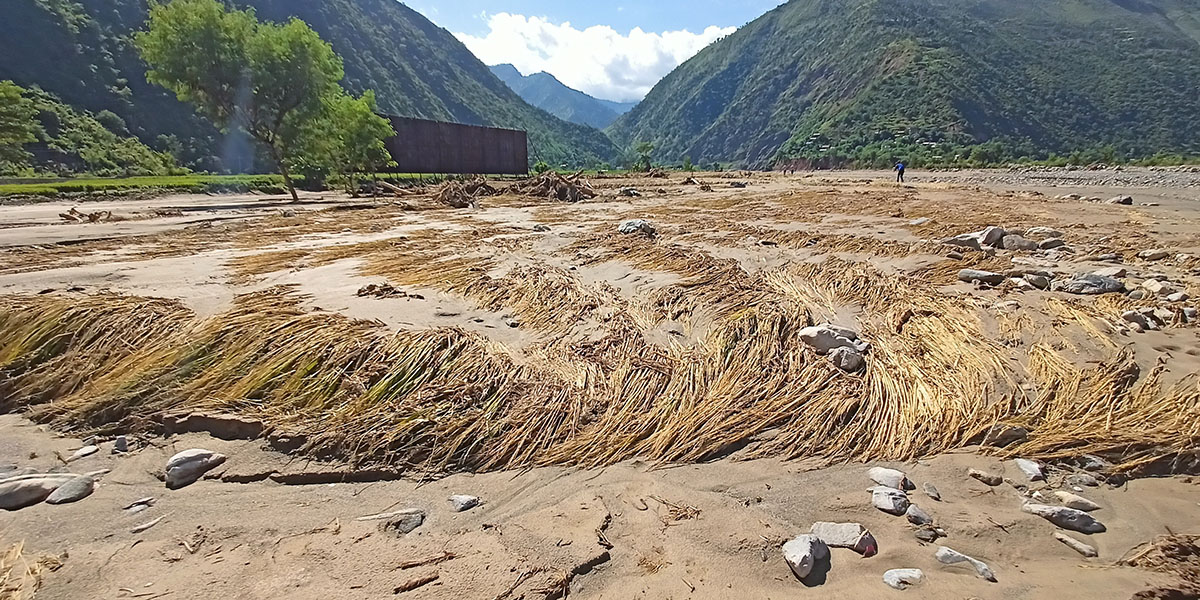
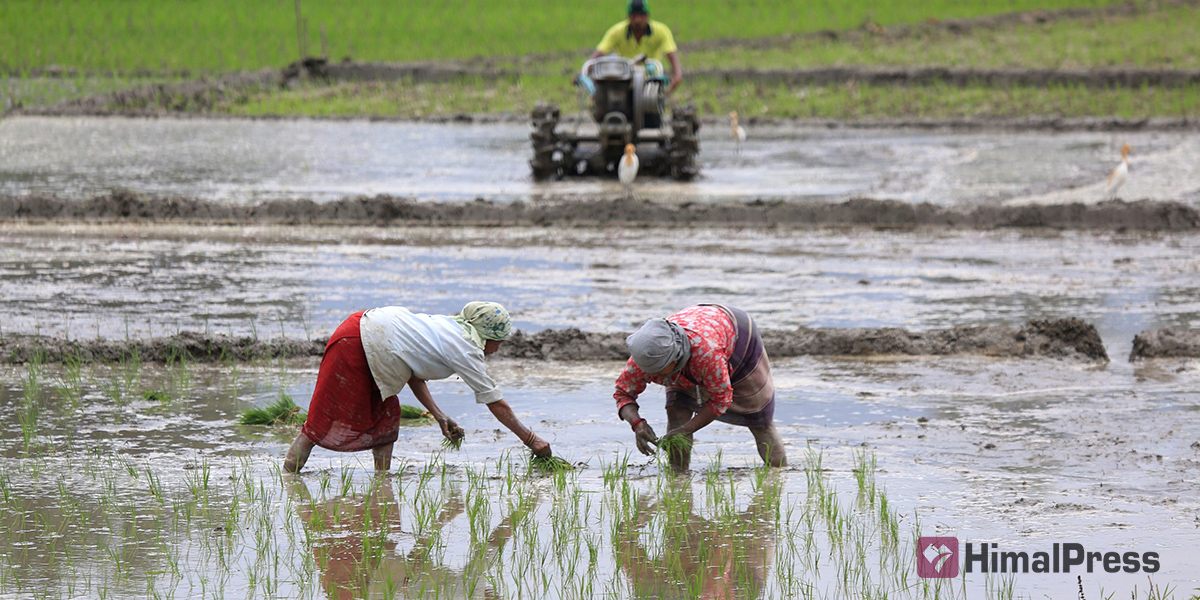
![Farmers busy harvesting paddy [In Pictures]](https://en.himalpress.com/wp-content/uploads/2023/11/dhan-1.jpg)
